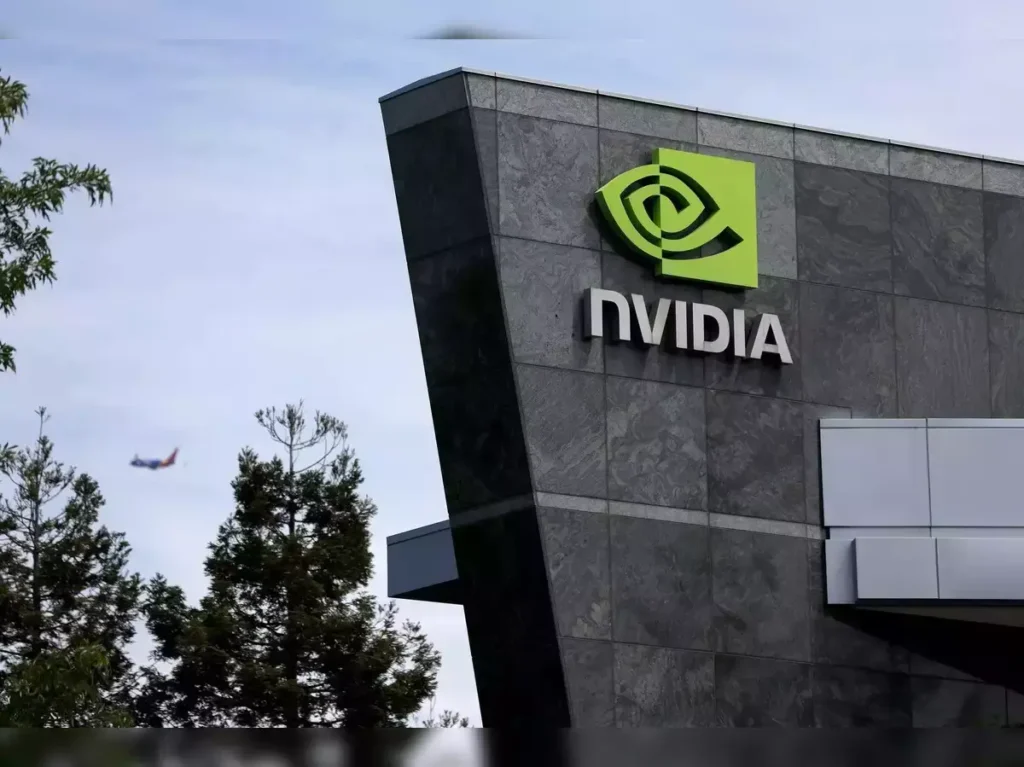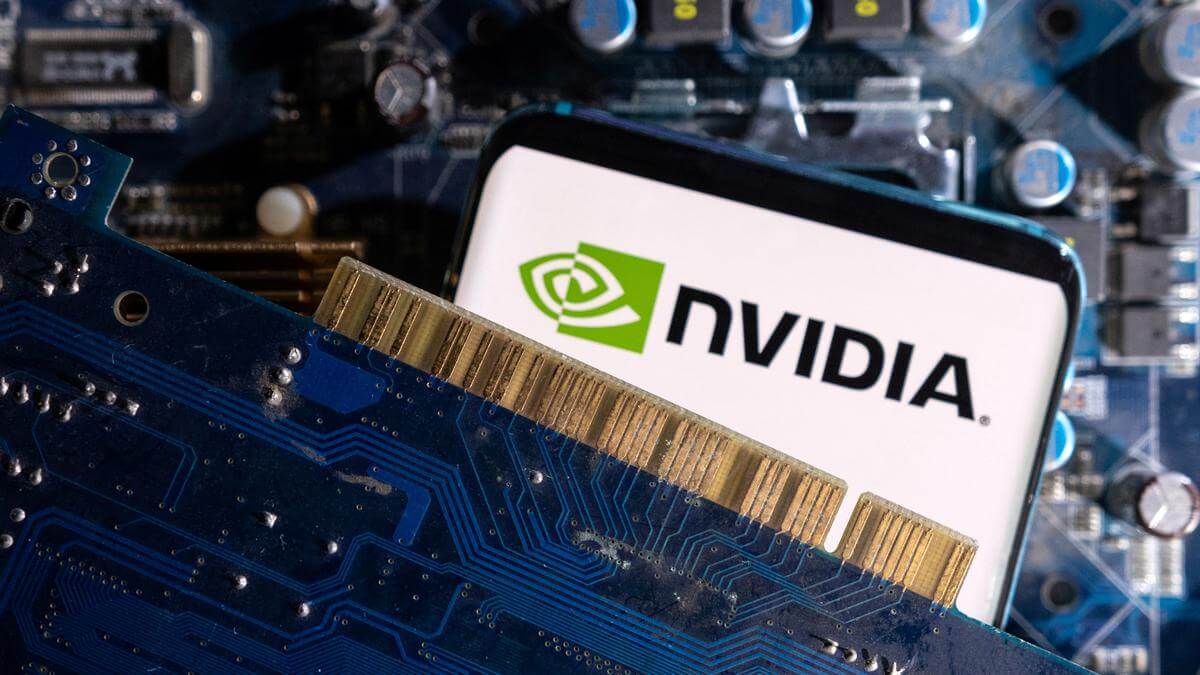The world of artificial intelligence (AI) is facing a legal battle with creative rights at its core. Three authors – Brian Keene, Abdi Nazemian, and Stewart O’Nan – have filed a lawsuit against tech giant Nvidia, alleging copyright infringement. The lawsuit centers on Nvidia’s NeMo AI platform, specifically how it was trained.

NeMo is known for its ability to generate human-like written language. According to the lawsuit, the authors claim Nvidia included their copyrighted works in a massive dataset of text and code, nicknamed “The Pile,” which was used to train NeMo. This dataset reportedly contained around 196,640 books, including the authors’ novels and novellas.
The crux of the lawsuit lies in whether including copyrighted works in an AI training dataset constitutes infringement. The authors argue that by using their works without permission, Nvidia has essentially copied and exploited their creative property. The lawsuit highlights the ongoing debate about fair use in the context of AI learning.
Here are some key questions this lawsuit raises:
- To what extent can copyrighted material be used to train AI models? Currently, copyright law offers little guidance on this specific issue.
- Should AI-generated content be considered derivative work? If NeMo were to create content that resembled the authors’ styles or characters, would that be copyright infringement?
- Who owns the rights to creative outputs generated by AI? As AI tools become more sophisticated, this question becomes increasingly complex.
The lawsuit also sheds light on the inner workings of AI development. Training AI models often involves feeding them massive amounts of data, and the specific content of that data can influence the model’s outputs. This raises concerns about potential biases or plagiarism if the training data is not carefully curated.
The outcome of this lawsuit could have significant implications for the future of AI development. It could establish legal precedents regarding copyright and AI training. It could also force companies to be more transparent about the data they use to train their AI models.
While the legal battle unfolds, this lawsuit serves as a wake-up call for both the tech industry and the creative community. As AI continues to evolve, it’s crucial to establish clear guidelines regarding copyright and ownership in this new digital landscape.





